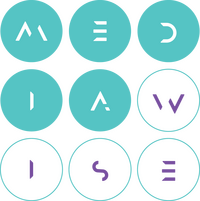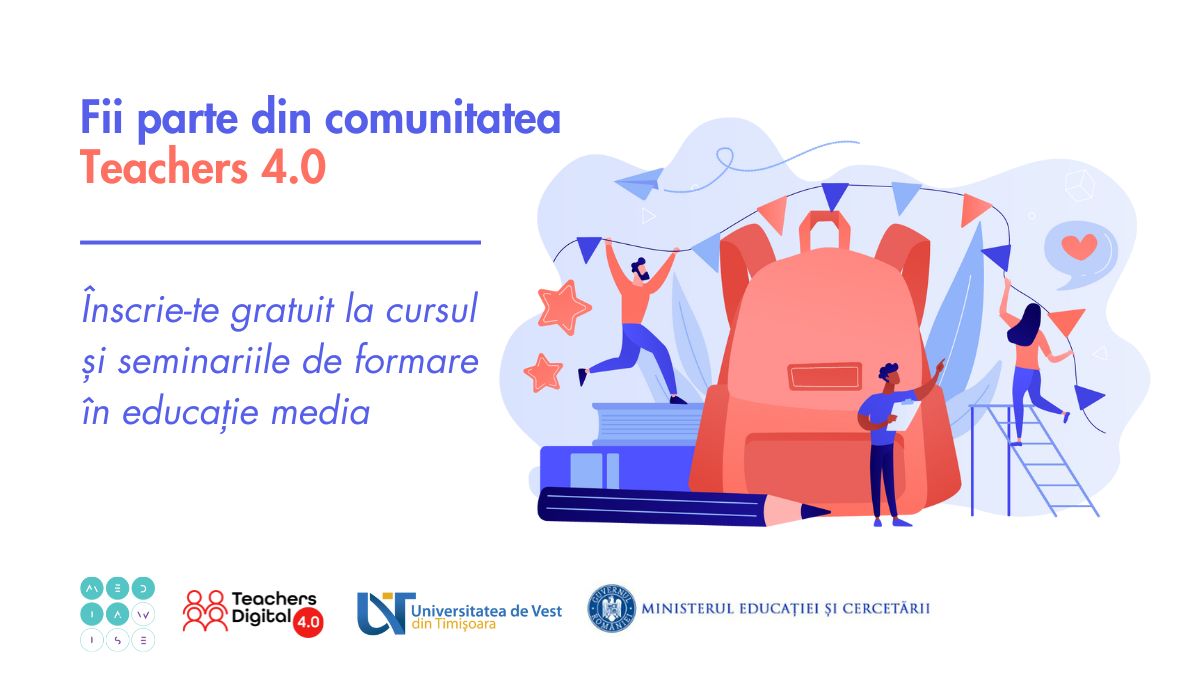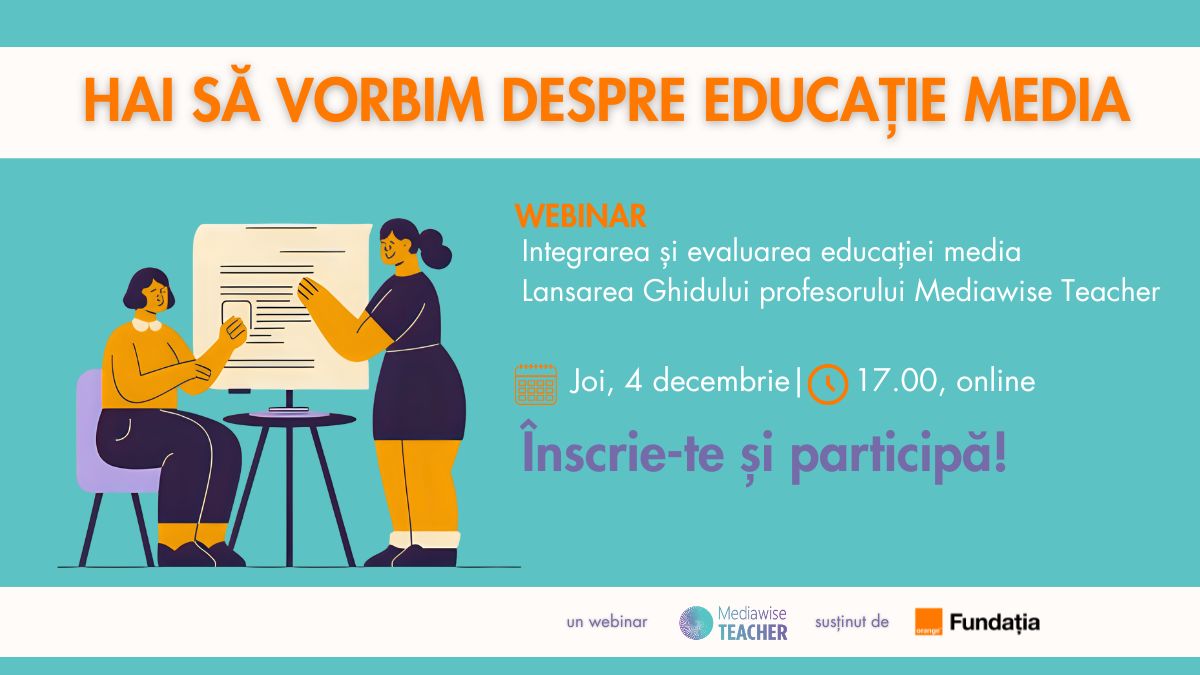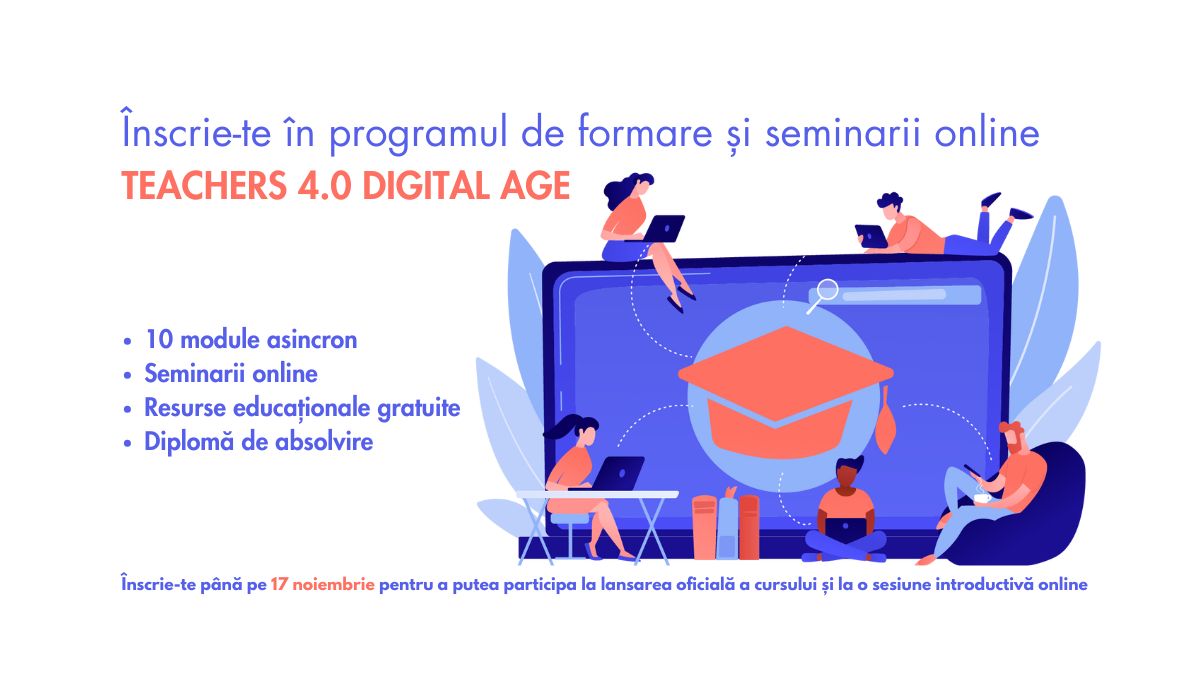I promised I would keep you updated with the workings for a Media Literacy European Regional Network, the project we have started to work for at the beginning of this year.
After 6 months of email exchange, Skype meetings and an online survey with the interested people, we finally met face-to-face last week in Warsaw at the MediaMeetsLiteracy conference. Those of you who could not make it are kindly asked to read about what happened there and leave comments.
Media literacy education
In a 3-hour workshop, 21 media education practitioners discussed the best ways to set up a joint initiative for collaborating for our common goal: media literacy education.
Prior to the workshop, MEDIAWISE Society conducted an online survey distributed to all the South East Europe regional contacts we managed to identify together (about 25 of them). The goal was to find out the people’s interests, expectations and needs in a media literacy regional network/community. The survey results were a good start for the discussions in the small working groups that followed.
Please have a look at the Online Survey results as presented during the workshop. I promised I would keep you updated with the workings for a Media Literacy European Regional Network, the project we have started to work for at the beginning of this year.
After 6 months of email exchange, Skype meetings and an online survey with the interested people, we finally met face-to-face last week in Warsaw at the MediaMeetsLiteracy conference. Those of you who could not make it are kindly asked to read about what happened there and leave comments.
Media literacy education
In a 3-hour workshop, 21 media education practitioners discussed the best ways to set up a joint initiative for collaborating for our common goal: media literacy education.
Prior to the workshop, MEDIAWISE Society conducted an online survey distributed to all the South East Europe regional contacts we managed to identify together (about 25 of them). The goal was to find out the people’s interests, expectations and needs in a media literacy regional network/community. The presentation of the survey results (PDF file) was a good start for the discussions in the small working groups that followed. Please take a look at the presentation.
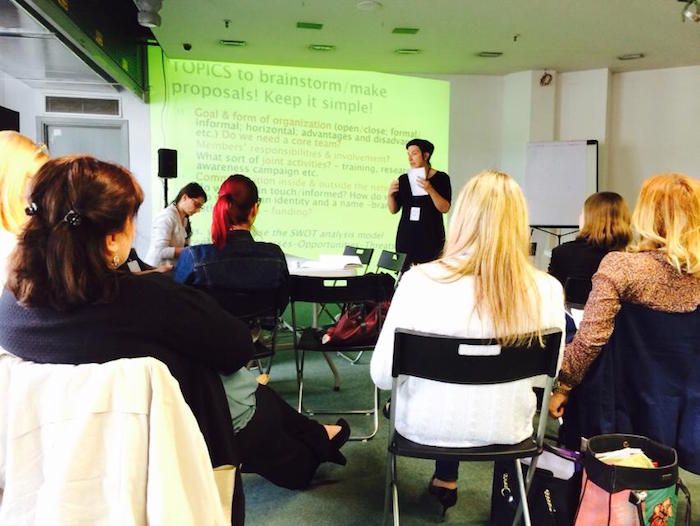
Most of the workshop participants were from NGOs and universities in:
- Greece
- Bulgaria
- Slovenia
- Bosnia&Herzegovina
- Romania
- Cyprus
- Poland
- Montenegro
- Serbia
- Hungary
I would like also to thank David Buckingham, Sally Reynolds and Ida Poettinger who joined us in the workshop and shared their experience. Also thank you to those who answered our online survey but could not make it to Warsaw.
During the working groups, participants had to answer questions related to the goal & form of organization of the network, members’ responsibilities & involvement, what sort of joint activities and communication tools.
Geographical boundaries
Some issues arose during the discussions. Some of them still remained unanswered, e.g. about geographical boundaries: do we need to keep it as a regional network? Why not European? The whole idea of regional came up initially from the personal need to get to know the people that develop media literacy education in circumstances that are pretty similar to mine in Romania.
I have been working in cross-border media literacy projects and most of my partners came from Western European countries. I have learnt a lot, I managed to put into practice expertise and resources developed in Western countries.
But sometimes the local and national impact cannot be considerable in a project in which the partners have to adopt activities that are suitable to stakeholders coming from quite different social and cultural backgrounds, even though within the European borders. The dynamics of the public institutions we have to work with and the existing media literacy policies (or lack of policies) seem to create similar needs and working circumstances with our stakeholders. These issues also became clear from the results of the online survey.
I feel that, in some cases, regional partnerships could add some more value to our work simply because our stakeholders live and work in closer socio-cultural environments, because we have more or less the same needs in terms of:
- media literacy expertise
- training strategies
- policy
- research
- public understanding
So it is more a historical, political, economic, social and cultural proximity, in which countries from South, Eastern and Central Europe have evolved during the 20th century, that offers an argument for a regional set-up.
Having said that, such a regional limitation may be an artificial one as other European countries may face similar issues. So we decided that the network should be open and inclusive. Members should encourage partnerships and working conditions with people and organizations outside the proximity I was describing above – especially grassroots initiatives for media literacy – interested to join and contribute to media literacy.
David Buckingham – who joined us in the workshop – made a point by saying that many good media literacy initiatives and resources have been developed in Western European countries. But they were developed and put in practice nationally. There is no media literacy visible network that could promote exchange in the media education field, except for some small European project partnerships with less impact. This could be food for thought for the European funding programs. What Evens Foundation tries to do is exactly this – encourage the exchange of expertise, practice and resources among media literacy initiatives in Europe. This particular initiative could use some more help… provided that policy makers and even private donors will understand the need for media literacy.
Language was an important point of discussion. We all understood the cultural weight that our own native languages bring in media education as we learn about mediated communication a lot. But in the circumstances of a multi-language group, one has to compromise. The only solution we could find was to use our contemporary lingua franca that most of us understand and speak. Which is, you guessed – English. That is until technology will offer us instant translation in any language of the Earth. Imagine that!
The workshop proposals
Anyway, going back to the proposals we made at the end of our workshop, we were happy that people from different cultures, speaking different languages, but with common understanding about what media education is, managed in just 3 hours to put together some very concrete key actions to set up the network, the community or the coalition – we haven’t decided yet what it is. In my mind the structure forming is closer to Community of Practitioners for media literacy education than a coalition or a network…
For the next year, we proposed small but practical steps for the long term goal – share practice and experience, resources, partnerships, advocacy joint actions and make media literacy education popular.
The majority of us sees the network open and inclusive, with no legal bindings, organised horizontally, with decision-makers taking turns in action. At this point, funding to support this network is not available and it remains an issue to discuss.
New members are very important to the strength of the network. So we proposed an open directory in which practitioners can add up their own profiles (individual and/or institutional). Individuals or institutions? That was another point of discussion.
Once we will have such a platform it should be easier to find each other. Some 7 months ago it took me a long time to just identify around 20 practitioners in the region. I knew about good media literacy independent initiatives in the region but I needed a number of email exchanges and some pretty good online search to identify the people behind these initiatives. Such a platform could be an open directory that may solve this problem. The Media & Information Literacy Platform for Exchanging Educational Resources (MIL/PEER) could play such a role.
Communication is key to such a community. We decided that the best tool at hand remains a mailing list. MEDIAWISE Society set up the list for you to join: https://mediawise.ro/mailman/listinfo/media-literacy_mediawise.ro.
Scheduled discussions in web meetings. Vanja Ibrahimbegović Tihak from Sarajevo committed to break the ice and organise such a meeting in which she will talk about her recent work for media literacy education. The idea is for people to take turns and whenever they feel they have something to share, they can always announce it on the email list and then organise the encounter themselves on a free online meeting platform.
Aim for a F2F Yearly meeting. Face2face meetings are very important for a community to exist. Such a meeting would need funding or the individual contribution of the participants.
Big thank you to all workshop participants.
